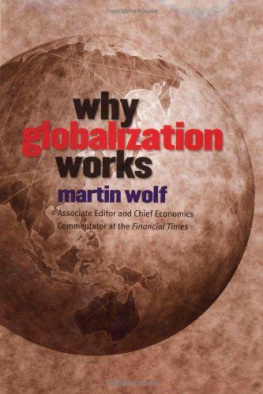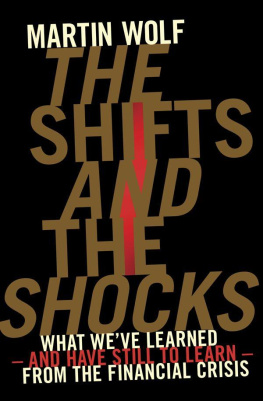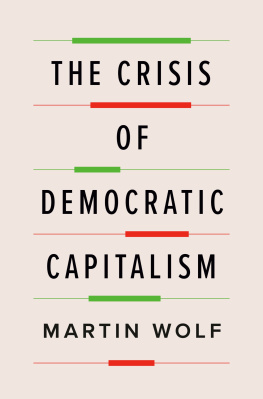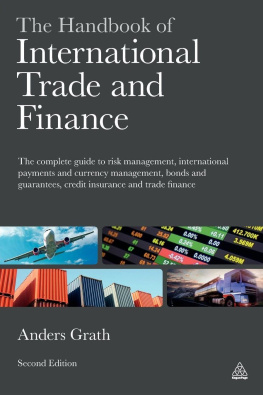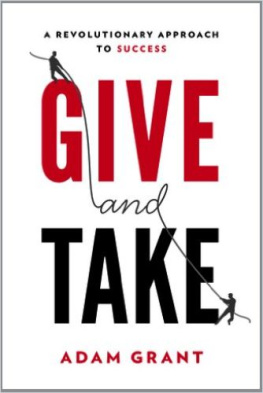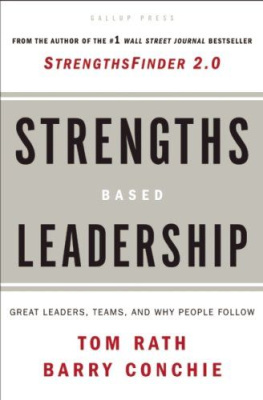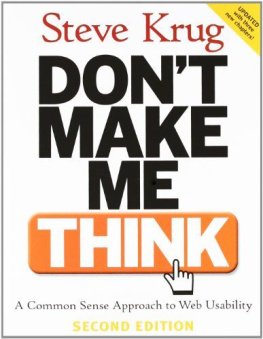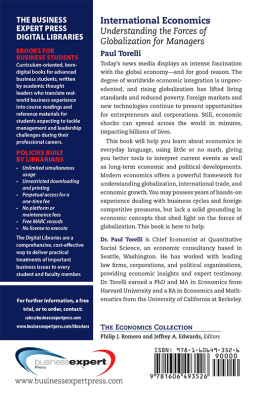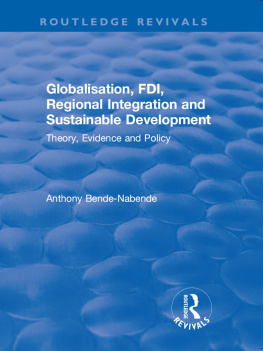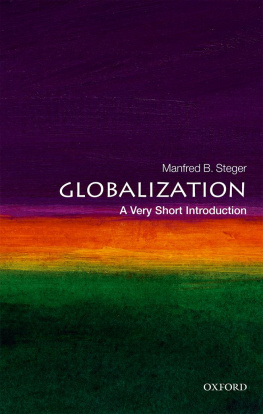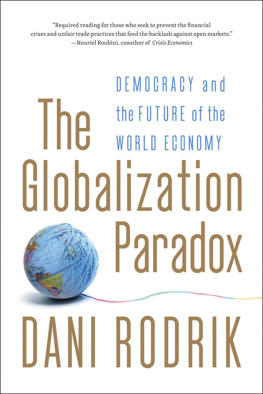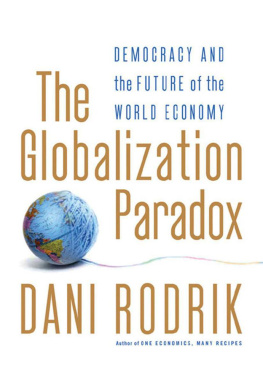In this purpose-driven book, author Martin Wolf stakes out his intellectual turf clearly and defends it. Wolf begins with the concept that the value of the individual and the importance of that individuals right to pursue economic advancement are the foundation of the worlds great democracies. From there, he levels a devastating critique against the anti-globalists and the diverse interests that oppose the global integration of markets. He presents strong evidence that the power of international corporations has been exaggerated, and concludes that the issue isnt too much globalization, but rather too little. This clear-eyed, well-researched defense of globalization should become a mainstay in any library of economic rationalism. getAbstract recommends it most highly.
Summary
The Dis-United States of America
Imagine a United States of un-united states. What if the country's economy were fragmented among 50 regional fiefdoms, each with barriers blocking the free flow of goods and services? Say that Microsoft could not open an Omaha office without oppressive tariffs. Imagine Florida farmers paying tariffs to export grapefruit to Georgia or customs agents searching cars going from the sovereign dominion of New York into the sovereign republic of New Jersey.
I learned that enlightenment ideals of freedom, democratic government and disinterested search for truth were infinitely precious and frighteningly fragile.
What would happen in this "house divided?" Without interstate investment and fluid capital markets, people would experience reduced standards of living and rampant unemployment. The not-so-United States would sink overnight into global economic mediocrity. Those wishing to bring the U.S. economic juggernaut to its knees would realize their fondest dreams.
I discovered, too, that these ideals had many enemies, some open and some covert. Worst among them were those intellectuals who benefit from the freedom only liberal democracies provide, while doing everything they can to undermine it.
Tragically, much of the world faces exactly this plight today. More globalization, not reduced globalization, is needed to raise the world's standard of living. Global economic integration offers many opportunities, but to fulfill them liberals and democratic conservatives must unite to protect the liberal global economy against a gathering horde of enemies inside and outside the gates. Here, the word "liberal" is used in the societal sense of "free," that is, endowed with the free-market rights and opportunities that promote liberty.
The Global Opposition
Beginning in the 1990s, scores of loud, angry and sometimes-violent protesters have disrupted nearly every sizable meeting of heads of state or international business representatives. Some protesters from traditional economic interests, such as trade unions, are understandably interested in protecting domestic jobs. Others represent non-governmental organizations pushing single-issue agendas in favor of consumer health or against runaway development, pollution or the exploitation of human rights in developing countries. These protesters reflect anti-liberal attitudes akin to the twentieth century scrap heap of nationalism and totalitarianism. They evince a thirst for the comforts of community and nostalgic stability over the harnessed power of individuals striving for self-betterment. They prefer regulation, protectionism and supposed state beneficence over harsh, cold marketplace realities.
I already knew that all the varieties of Marxism were both wicked and stupid. The hostility to liberal or bourgeois democracy they shared I found contemptible.
The members of the anti-globalization movement agree only on what they are against. Many see Western or American capitalism as an oppressive force that systematically impoverishes the less fortunate. They oppose international business interests and charge that globalization:
- Destroys the ability of countries to control and regulate their own economies.
- Undermines democracy.
- Destroys the livelihood of farmers.
- Prevents the poor from obtaining needed medicines.
- Lowers real wages and causes rampant economic insecurity.
- Destroys the environment.
- Incites nations to reduce regulatory standards and lower taxes and wages.
- Allows global markets to generate a series of economic crises, the costs of which are disproportionately paid by disadvantaged countries.
- Pushes greed to the status of the primary motivator of all human behavior.
- Devours humanity's legacy of diverse cultures.
Liberal Globalization and September 11
Those who oppose globalization see it as an irresistible force sweeping aside democratically-elected governments. They say it corrupts all it touches, from democratic processes to indigenous cultures to the environment, a malign force motivated by greed. You can even view the tragedy of September 11, 2001, as an assault on liberal globalization, instead of seeing it narrowly, solely as a terrorist attack stemming from an aggressive interpretation of Islamic fundamentalism. The September 11 attacks were aimed at the U.S., the leader of globalization, and their immediate effect was a severe restriction of the normal flow of passenger traffic worldwide. Clearly, those who backed the attacks want the world to return to an existence more akin to the eighteenth century than the twenty-first.
If history teaches anything, it is that we have choices. We can choose a better world or a worse one.
David Henderson, former chief economist of the Organization for Economic Co-operation and Development, defines globalization as the free movement of goods, services, labor and capital in a way that creates a market so integrated that, economically speaking, there are no foreigners. A related definition comes from the Cato Institute's Brink Lindsey. In his book, Against the Dead Hand, Lindsey defines globalization three ways:
- Economic In terms of increased integration of markets that transcends political boundaries.

